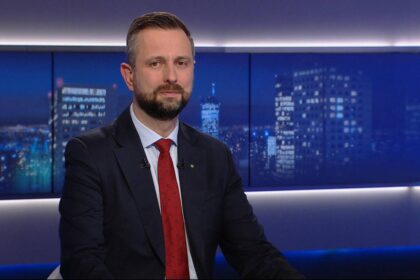**Russia-linked Hackers Pose as Journalists to Target UK Ministry of Defence Staff**
In a shocking cyber attack, Russia-linked hackers disguised themselves as journalists to target staff at Britain’s Ministry of Defence. The attack was detected and thwarted by the British government, according to a recent report by Sky News.
The incident is part of a larger pattern of more than 90,000 cyber attacks from hostile states directed against UK military and defence structures over the past two years. This represents a significant increase from the previous two years, with Defence Secretary John Healey stating that the nature of warfare is changing, and the keyboard has become a weapon of war.
**Foiled Hack Reveals Sophisticated Attack**
During a visit to a secure facility in Wiltshire, Healey revealed that the Ministry of Defence detected a spear phishing campaign late last year. The Global Operations Security Control Centre at MoD Corsham identified the threat, which involved two emails with a journalistic theme attempting to represent a news organisation.
The hackers followed up with a second wave of attacks, this time following a financial theme, directing targets to a commercial file share. Officials revealed that it took about an hour to spot the attack, and when asked what it felt like to discover the intrusion, one individual responded nonchalantly, “cool.”
**Link to Russian Hacking Group**
The malware used in the attack was linked to a Russian hacking group called RomCom, with the British side giving it the name “Damascened Peacock.” This particular code had not been seen before, indicating a high level of sophistication.
**Growing Threat and Government Response**
The increase in attacks is partly due to the military’s improving ability to spot attempts against its networks. However, as Healey noted, the attacks are becoming more sophisticated and harder to combat. To address this challenge, the government plans to invest over £1bn ($1.4 bn) on improving its digital technology capabilities.
This response includes creating a new cyber command to oversee offensive and defensive cyber operations. The revelations emerged as part of a long-awaited Strategic Defence Review, which was launched by Sir Keir Starmer last July ahead of a major NATO summit in June.
Read More @ euromaidanpress.com












